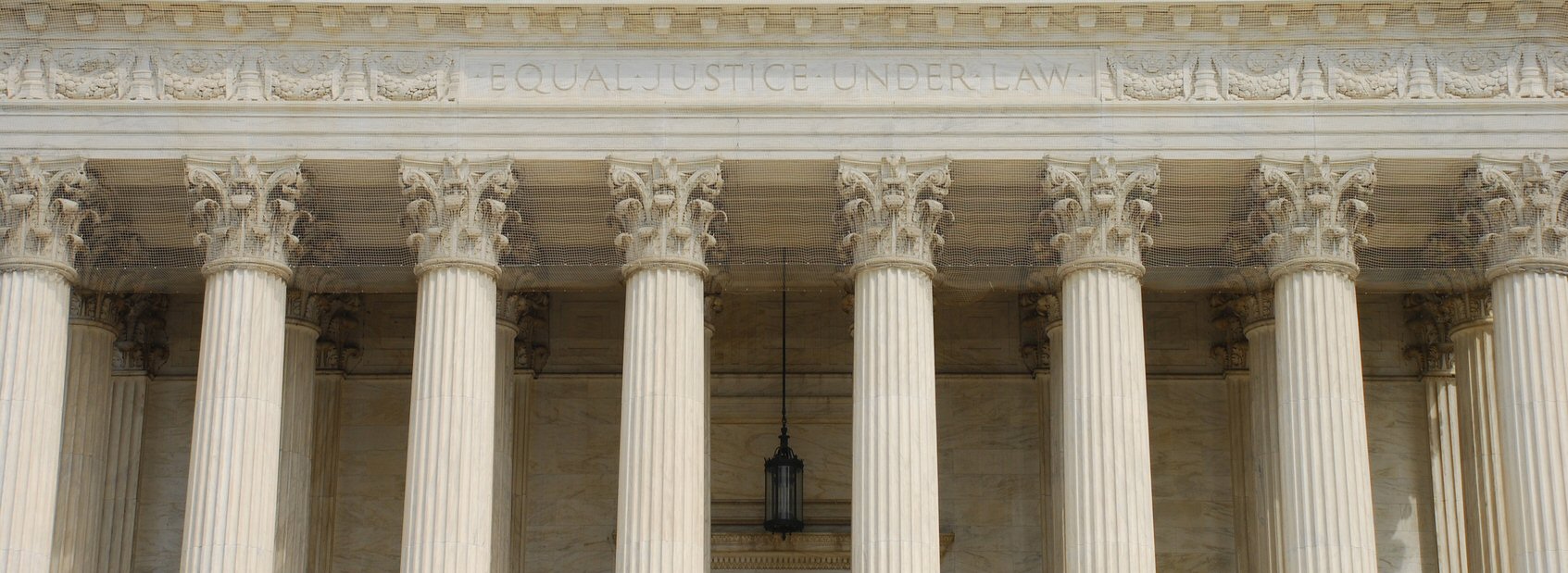Position Statement – 2017
A.2919 Lavine/ S.405 Robach
Nuisance Ordinance
Support
The Women’s Bar of the State of New York (WBASNY) supports A.2919 / S.405, which establishes the right of tenants to call police or emergency assistance without fear of losing their housing as a result of landlord actions or local nuisance laws. This legislation is of particular importance to our organization because it seeks to protect victims of domestic violence unfairly affected by the law as it currently exists.
HISTORY:
Nuisance Ordinances were originally created to target abandoned properties where crime occurred with more frequency because properties were unsupervised. The objective of such ordinances was to target offenses related to drugs, property damage and weapons by requiring landlords to be responsible for ensuring that their properties were not used to harbor and enable criminal activities.
In recent years, however, such laws have been applied more broadly to regulate and sanction activities at occupied properties. In some communities, the ordinance is triggered if police or emergency services provide aid or are called to a property a certain number of times over a set period of time (i.e., three calls for help to the police over 12 months). In general, these triggers are applied without consideration for whether the call was made by the victim of a crime seeking police assistance out of legitimate fear.
These laws often holds property owners responsible for the behavior of their tenants. Therefore, once a property owner receives a nuisance citation, the owner must “abate the nuisance” or face penalties. Therefore, landlords often chose to evict the tenant who triggered the nuisance ordinance violation.
A Harvard study established that an ordinance of this type in Milwaukee punished victims of domestic violence far more frequently than the offenses it was intended to target, such as those related to drugs, property damage and weapons.
AMENDMENT: The proposed amendment, entitled “An act to amend the civil rights law, in relation to the right to call for police and emergency assistance and providing victim protections,” would ensure that victims of domestic violence and other crimes can access police or emergency assistance without fear of losing their housing. This is achieved by amending Article 9 to include language allowing a victim to be free of penalty for accessing assistance because he or she resides at a property where domestic violence or other law enforcement activity has occurred. Further, section 93 is added to Article 9, protecting property owners from penalty for respecting the rights of the occupant to request police or emergency assistance. If a municipality seeks to improperly enforce a nuisance ordinance under this bill, notice is required to such tenant or occupant allowing the opportunity to contest the enforcement. In addition to carving out protection for domestic violence victims, the law specifically states that the protections provided shall not be deemed to prohibit a municipality from enforcing an ordinance or local law, nor restrict a landlord from terminating evicting or refusing to renew a tenancy, when such action is premised on grounds other than access of police or emergency assistance, or is otherwise premised on conduct unrelated to the residential occupant’s status as a target or victim of violence/harm.
Such protections are of critical importance to domestic violence victims, who need access to safe, stable long-term housing. Discrimination is a serious barrier preventing many domestic violence victims from renting, leasing, or buying a home. Studies show that when potential landlords identify that the perspective tenant is a victim of domestic violence, they frequently refuse to rent what is available or express that there is no availability. Landlords may use these nuisance ordinances as a basis to discriminate against victims of domestic violence by evicting them on the basis of the actions of their abusers. Allowing victims of domestic violence to lose their housing under these ordinances puts vulnerable families at risk and increases costs to communities who must consequently provide shelter services to survivors and their children. Domestic violence victims may be left with the options of either returning to or remaining in unsafe living conditions with abusive partners without seeking law enforcement assistance or subjecting themselves to the dangers inherent in homelessness.
CONCLUSION: This amendment permits nuisance ordinances to be used in the manner originally intended, while avoiding unintended consequences and discrimination against victims of domestic violence and other crimes. This will ensure that all New Yorkers can request lifesaving emergency aid in response to threats and violence without fearing they will be doubly victimized by losing their housing. Passing this legislation is a meaningful step toward eliminating one of barriers to survivors obtaining emergency assistance while maintaining their housing. For the foregoing reasons, WBASNY supports A.2919/S.405.

